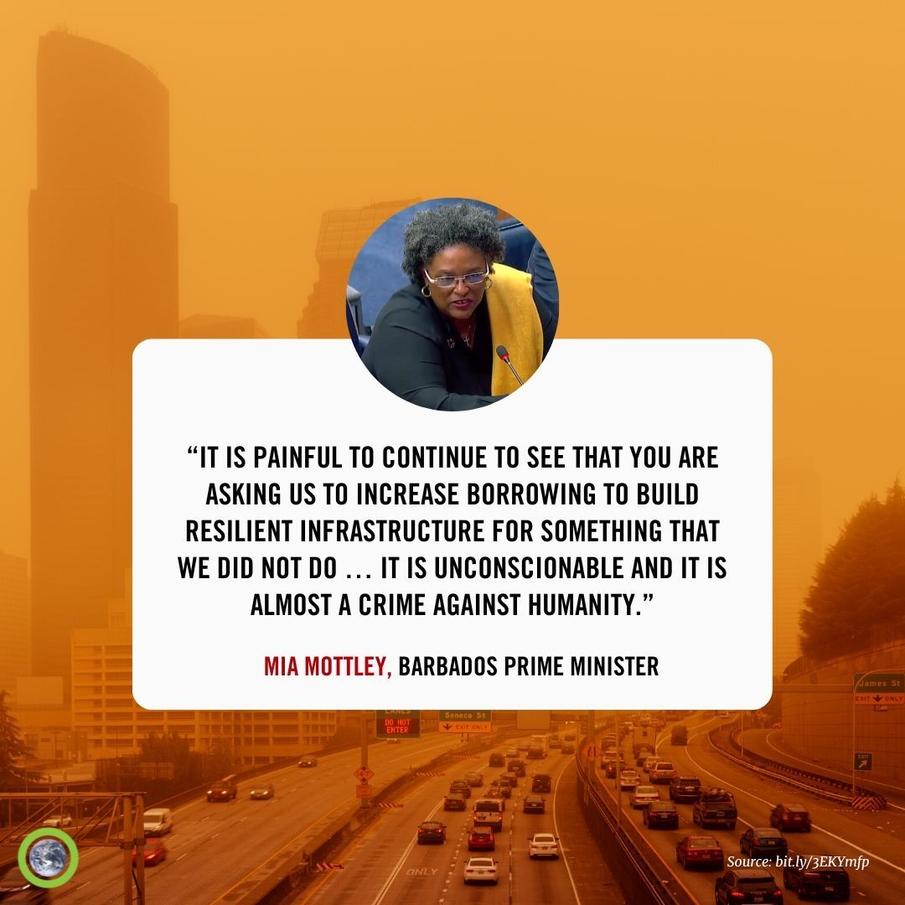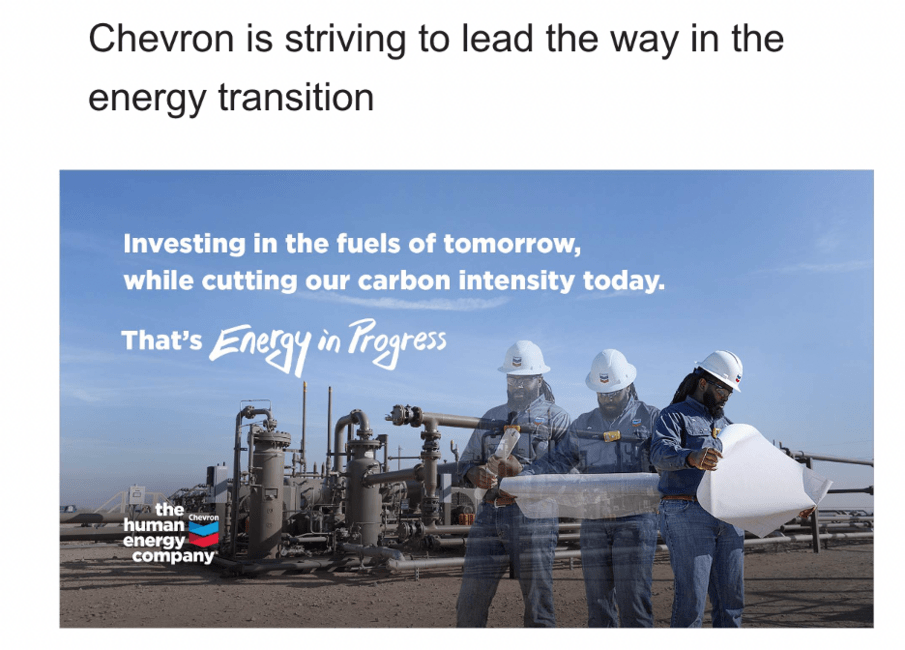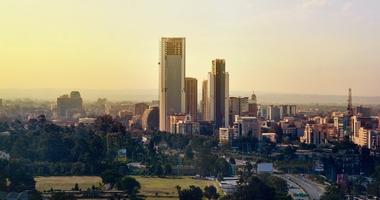
What Climate Week Tells Us About COP 28
How one week in New York showed the key story/battle lines for two weeks in Dubai later this year.
6 min read
Movements need moments. Clearly circumscribed events that turn a mass of strangers into a community of common purpose, giving shape, direction, and mass to the raw desire for change. That tell the world and even their members exactly what this movement is and point to where it might go. And with that statement and act of collective aspiration, make possible what was not the day before.
This year’s Climate Week NYC – an extraordinary mashup of some 400 climate related events held in the shadow of the UN’s annual General Assembly meeting in New York, with others not officially part of the program casting that shadow still further – gave the climate movement (at least) five of these moments.
The timing matters immeasurably. As anyone with an internet connection or even a window should be able to attest, nature has made a better case for aggressive climate action than any report or email could. Millions in the Northern Hemisphere have just lived the hottest summer on record while millions more have witnessed a seemingly endless parade of wildfires, floods, heatwaves and more that have exhausted both our spirits and superlatives. There is no question what burning fossil fuels has done to the Earth. The only question is what we will do about it.
Much of the answer hinges on what happens at the UN’s COP 28 climate summit in Dubai, beginning in November. The conference is scheduled to conclude the first global stocktake assessing our collective progress toward the Paris Agreement goal of holding warming to 1.5 degrees.
Preliminary reporting from the UN confirms what we know in our gut: Where we are is way off track. Few nations are making good on their current commitments to slash emissions (much less consider increasing them) and provide adequate life-saving climate finance to the Global South. Certainly none of the major economies responsible for the majority of global emissions.
Against this backdrop, what five key moments at Climate Week did was to publicly define the key terms of the fight ahead at COP 28 to get the world back on course to something like a livable future.
If you are in your heart a believer – as these days you must be to work for climate solutions or even read the headlines – there was one world and one COP possible the Thursday before Climate Week and another a week later. Moments do that.
Moment One: People Demand an End to Fossil Fuels
In the past, the climate and environmental protests have been accused of muddling the message with a host of complimentary but competing demands and missing the opportunity.
Not so the Global Fight and March to End Fossil Fuels. On September 15 and 17 and in hundreds of cities, thousands marched (with an estimated 75,000 marchers in New York alone) with one simple message: Fossil fuels are killing our climate – and we’ve got to leave them behind. Now.
What should unsettle oil execs isn’t just the numbers in the streets but the utter clarity on just how we got here – and the one critical thing we have to do to get out.
Moment Two: The UN Secretary-General Shames G20 Leaders
There was a significant addition to this year’s Climate Week, with the first Climate Ambition Summit, hosted by UN Secretary-General António Guterres. The secretary-general has long been known as a gifted orator, capable of seizing the headlines with declarations like “Humanity has opened the gates of hell” to open the summit.
Here he proved himself an equally adept strategist, inviting a Who’s Who of government, business, finance, and other sectors to a prestigious UN event with just one caveat: To speak, you had to come with new and credible plans for aggressive climate action in line with his Acceleration Agenda. In short, show up and put up.
Without knowing for certain, it feels a safe bet he was confident that most of the leaders of the G20 nations responsible for about 80% of global emissions wouldn’t arrive with groundbreaking commitments. And true enough those who made it and spoke – Canada, Germany, Brazil, South Africa, EU – didn’t bring anything substantial new to the table.
But it also feels a safe bet that he knew the empty spots – for the leaders of the US, UK, Australia, Japan, and others who didn’t even attend – would show the world pretty clearly who was and wasn’t on the right side of history here. Not a great look for nations that pride themselves as global leaders.
Moment Three: Governor Newsom Says the Quiet Part Out Loud
For reasons not obvious to those not in politics, most leaders have shied away from saying the most obvious fact about the climate crisis there is: The oil industry got us here. Not just by selling its core products, but also by gaslighting the public about the climate threat and then fighting tooth and nail to delay and halt any real policy response for decades.
So when California Governor Gavin Newsom said out loud what millions of people know, but few in government are willing to voice, it felt like a moment the world had been waiting for.

What made this speech so remarkable is that it came from the chief executive of what is in effect the world’s fifth-largest economy and itself a major oil producer. And a governor now suing oil companies for decades of deception and who – just days before – promised to sign a landmark law requiring major corporations to disclose their emissions.
Again, this is the governor of the world’s fifth-largest economy. If he’s willing to call out the oil companies in this way, who has an excuse for silence? This was a sea change.
Moment Four: The Global South Demands Justice
Rich nations caused the climate crisis. Now they want Global South countries to keep taking on crippling debt to recover from climate change-fueled disasters and adapt. All without paying the fair share they promised.

That was the recurring sentiment from speaker after speaker representing Global South nations during the summit. But no one said it better than Barbados Prime Minister Mia Mottley, who over the course of 12 short minutes gave the room a crash course in climate finance and how we can reform the global financial system to empower nations to build resilient clean energy economies the right way.
These demands aren’t going anywhere. Expect discussions about delivering climate finance and debt relief to shape much of the conversation and final agreement at COP 28. Rich nations need to step up and finally deliver.
Moment Five: Former Vice President Gore Refuses to Pretend the Liars Killing Our Climate Are Not Just That
Increasingly, we are seeing the fossil fuel companies making billions in profits each year while destroying our climate pretend they are on our side. Ads from Exxon tell us they’re advancing climate solutions.

Chevron, meanwhile claims it’s leading the energy transition. (Bridges are also apparently available for purchase.)

At the same time, we know that in private, these same firms are doing everything they can to ensure COP 28 – just like the conferences before it – effectively tackles everything but their core business. And somehow we’re supposed to politely nod and go along?
Speaking at the New York Times Climate Forward event, former US Vice President Al Gore wasn’t having any of it, telling the reporter David Gelles that fossil fuel companies claiming to support energy transition “speak with forked tongue.”
The practice doesn’t get any clearer than the UAE appointing a man who happens to be the CEO of one of the largest oil companies on Earth to lead COP 28 and control the agenda. As he said, “That’s just taking the disguise off. They’ve been trying to capture this process for a long time.”
It was both a breath of fresh air and an invitation to honesty. One we should all accept.
Take Action: End Fossil Fuel Handouts
The message from the streets and the conference rooms at Climate Week was simple and clear: It’s time to end the era of fossil fuels.
We can start by ending the enormous giveaways to fossil fuel interests that totaled $1.3 trillion in 2022 alone, subsidizing some of the richest companies on Earth and enabling them to continue making billions by destroying our climate.




